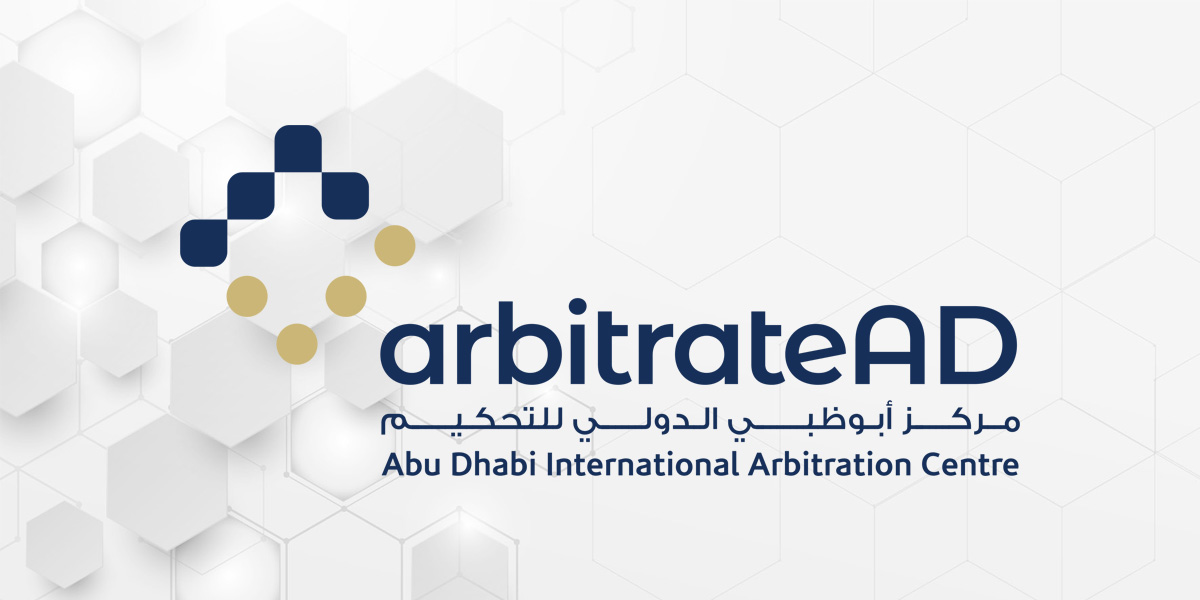Breaking boundaries: Meet the first woman president of a Middle East arbitral court
The article was first published on Law Middle East at this link.
Maria Chedid, a partner at Arnold & Porter made history when, in January 2024, she became the first woman to be appointed president of an arbitral court in the Middle East.
Chedid assumed the role a month later, upon the launch of the Abu Dhabi International Arbitration Centre (arbitrateAD) in February 2024. ArbitrateAD replaced the Abu Dhabi Commercial Conciliation and Arbitration Centre (ADCCAC), which had served as the emirate’s main arbitration centre for nearly three decades.
Here we chat to her about how it’s going and her plans for the future, as well as her thoughts on arbitration in the Middle East.
Aishah Hussain: Firstly, congratulations on making history as the first woman to be appointed president of an arbitral court in the Middle East. How does it feel and how is it going?
Maria Chedid: Thank you for your kind wishes, Aishah. I feel grateful and excited to be positioned to make a unique contribution to the region within my field of expertise, and to help expand opportunities for others regionally and beyond. My hope is that my appointment will also serve as inspiration to the growing number of superb women lawyers who are choosing to practise in international arbitration.
These are early days at the new Abu Dhabi Centre, but we were delighted by the enthusiastic reception of the Centre’s launch of February 1 and are thrilled that we already have had multiple cases filed.
AH: The new court is made up of 15 arbitration practitioners with a broad geographical reach across 11 jurisdictions. What are you hoping to achieve?
MC: The Court members bring a wealth of expertise in international arbitration. They include arbitrators and arbitration counsel who have served in a variety of stakeholder roles in both the public and private spheres. Their experience and understanding of a wide range of cultural perspectives on dispute resolution is intended to ensure a decidedly international institution rooted in Abu Dhabi. We are ambitious in our goals as we participate in what we view as a new era of arbitration in the region.
AH: Dubai is home to the largest arbitration centre in the Middle East. What is your take on competition among the various centres in the region?
MC: I don’t see this as a zero-sum game. We are operating in an expanding cross-border economy and an increasingly complex world in which arbitrable disputes will inevitably multiply. At the same time, the existence of choices for arbitration users should be a driver for better performance by all the centres.
AH: How is the arbitration landscape changing across the wider Middle East? What developments are required to establish the region as an arbitration hub?
MC: The region’s arbitration-related activity has been more robust than ever in the past few years, with enactment of new arbitration laws, institutional developments, and growing awareness of the benefits of arbitration to economic growth. The movement to ensure an arbitration-friendly infrastructure in all respects needs to continue, with a demonstrable commitment to stability and best practices, and investment in training and capacity-building programs for all who participate in and support the arbitration process.
AH: What is your prior experience in the Middle East? What are some of your standout cases to date?
MC: I began my career 30 years ago by working on claims arising in the Middle East—specifically, Iran-Claims Tribunal arbitrations brought against Iran and United Nations Compensation Commission arbitrations brought against Iraq. In the years since, I’ve continued to act in both commercial and investment arbitration cases involving Middle Eastern parties. I recently represented the government of Egypt in its now resolved dispute with Qatar Airways, which arose out of a wider geopolitical dispute in the region.
AH: You’re originally from Lebanon—would you consider moving to the Middle East?
MC: I was born in Lebanon and remain a Lebanese citizen, as well as a citizen of the US. Although I immigrated to the US as a child, my Lebanese heritage and the Arabic culture and language remain an essential part of my identity. I don’t have any plans to move my home base to the Middle East, but I frequently travel there for my work and I intend to spend more time in the region in the coming years.
AH: What advice would you give to women entering the legal profession—one to follow and one to avoid?
MC: Three things come to mind. First, more than anything, command of your craft will allow you to command the room—irrespective of gender, advocacy style, or personality. Second, if faced with fair criticism, do let it fuel better performance the next time out, but don’t let it engender self-doubt. Finally, make your path your own with a timeline defined by your priorities. It might take a little longer to achieve some goals, but maintaining that sense of agency will pay off in the long run and allow you to sustain a passion for the work.

